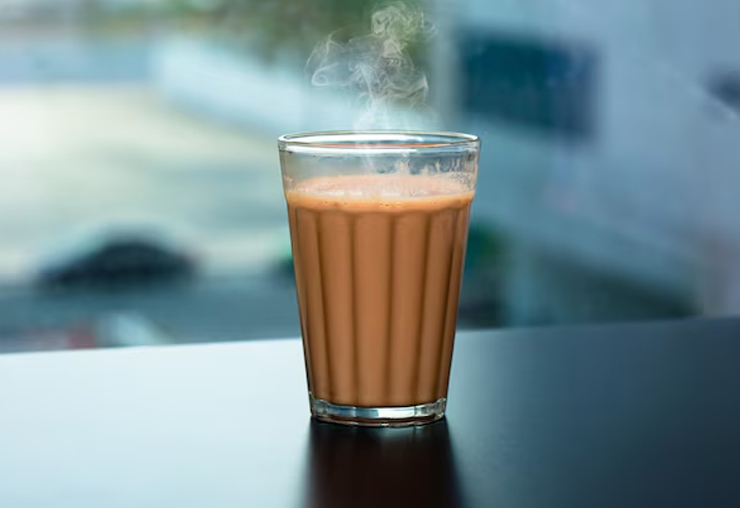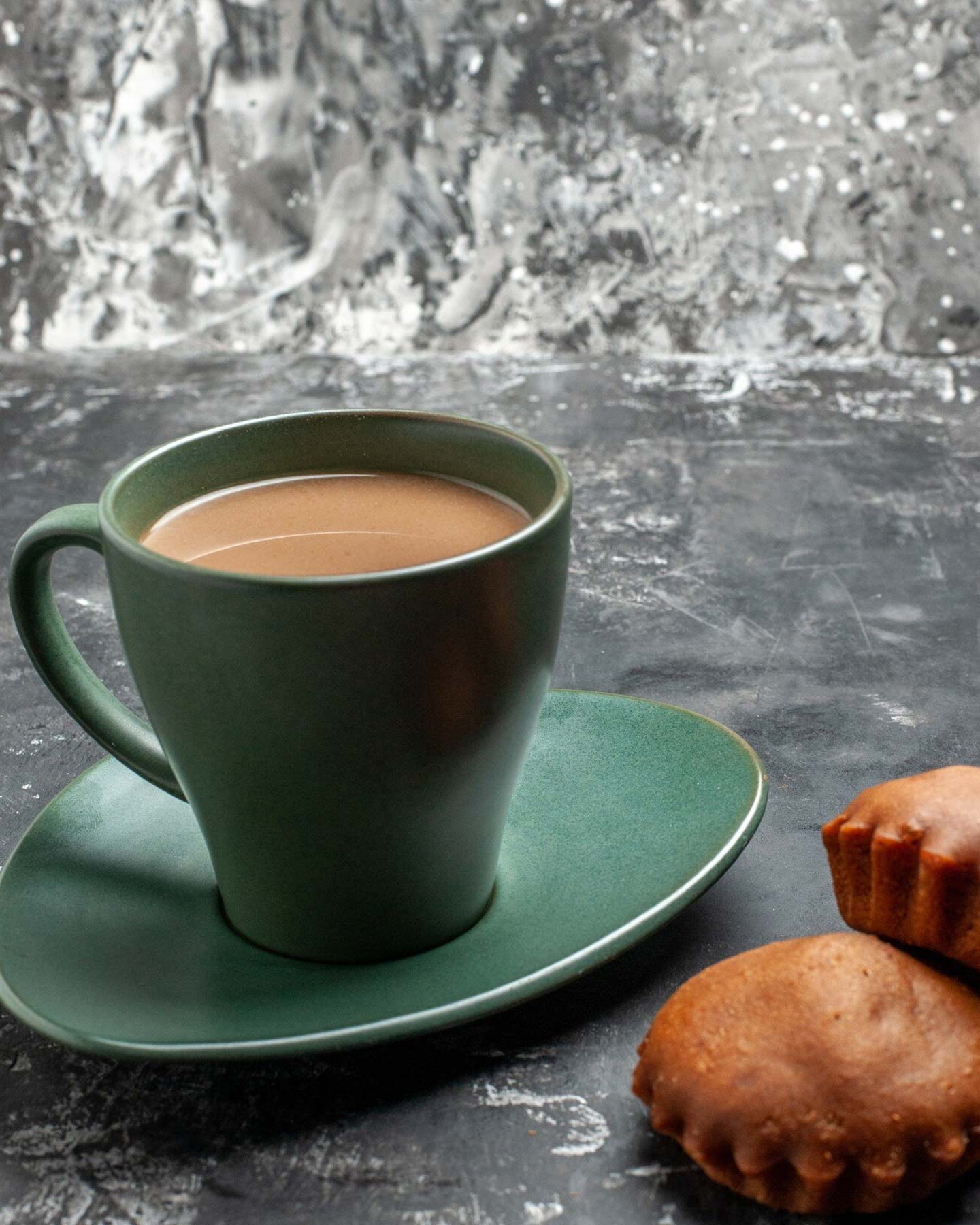For many of us, the daily ritual of sipping chai is a comforting pleasure. However, beneath its soothing warmth and inviting aroma, may lie unintended consequences on our health. Let us explore the potential risks associated with our daily cup of chai with our expert, Dr Mickey Mehta, Global Holistic Health Guru & Spiritual Life Coach.
In India, chai isn’t just a beverage—it’s an emotion. From the railway platform to our office desks, from sunrise sips to twilight talks, chai is woven into our social, cultural and emotional fabric.
![How Chai May Be Silently Harming Your Health]()
However, could your beloved cup of chai be silently sabotaging your health?
The kind of tea most Indians are used to having is, unfortunately, not the kind of tea we should be drinking.
How Chai May Be Silently Harming Your Health?
- Let us begin by looking at what we’re actually brewing. Those who are used to drinking chai by boiling and boiling—extracting every last drop from the leaves—end up drawing out the worst from what could otherwise be a medicinal herb.
- Overboiling increases tannins, which heighten acidosis in the stomach, inflame the gut lining and create energy fluxes in the body. You may feel an artificial alertness initially, but soon it dips and you crave another cup to sustain the illusion of vitality.
- Ayurveda views such over boiled chai—especially when combined with milk and sugar—as Rajasic and Tamasic. It may stimulate temporarily, but it ultimately dulls clarity, promotes lethargy and contributes to the accumulation of toxins (ama).
Don't Miss: Mother and Baby Skin-to-Skin Contact: Benefits for New Mothers
![chai side effects]()
- Chai often contains excessive sugar, which is now widely recognised as a driver of chronic inflammation, insulin resistance, and metabolic disease.
- Moreover, the tannins in black tea can impair iron absorption—especially worrying for vegetarians and women, who may already have marginal iron intake.
- Pasteurised dairy added to hot tea can become heavy to digest and may interfere with the body’s natural cleansing pathways.
- For those with lactose intolerance or dairy sensitivities, this creates bloating, acidity and sluggishness.
- What about the much-loved chai masala—ginger, cardamom, cloves, cinnamon, black pepper? Ayurveda reveres these spices for their digestive, warming and cleansing properties.
- But when cooked into milk tea and consumed at the wrong time—say first thing in the morning, or immediately after meals—their potency is compromised.
- Instead of awakening the agni (digestive fire), they can confuse it, especially when paired with sugar and dairy.
- From a circadian standpoint, sipping chai late in the evening can disrupt melatonin production, affecting your sleep-wake rhythm. Sleep suffers. Metabolism staggers. Immunity weakens.
- So, what’s the alternative? Must we forsake comfort and routine? Not at all.
- In the morning, start with warm water or tulsi-ginger infusion.
- Mid-morning, sip on green tea or lemongrass-basil tea.
- A perfect brew of tea begins with boiling water, switching off the flame, then adding lemongrass or mint or even calming herbs like ashwagandha. Let the herbs steep gently for just 15 to 20 seconds in the latent heat—preserving their colour, aroma, essence and pranic energy. This energises the body while triggering a positive endocrine response, creating true enthusiasm without the crash.
- If you're still seeking a gentle lift in awareness, choose a high-quality Breakfast tea or Earl Grey—but never over-boil.
- Just a light infusion is enough to awaken the senses without disturbing your inner balance.
- Post 3:00 p.m., can be Peppermint-Fennel Tea which is refreshing and helps in digestion post-lunch.
- Evenings, chamomile is the ideal choice. It calms the nervous system and also helps with restful sleep.
- Post dinner, cardamom-saunf water, which is sweetly aromatic can help to reduce heaviness.
Don't Miss: Survey Reveals 80% of Women Employees Face Stereotypes in Offices: Is Your Workplace Healthy? Find Out Inside
If you liked this story, then please share it. To read more such stories, stay connected to HerZindagi.
Image Credits: Freepik


